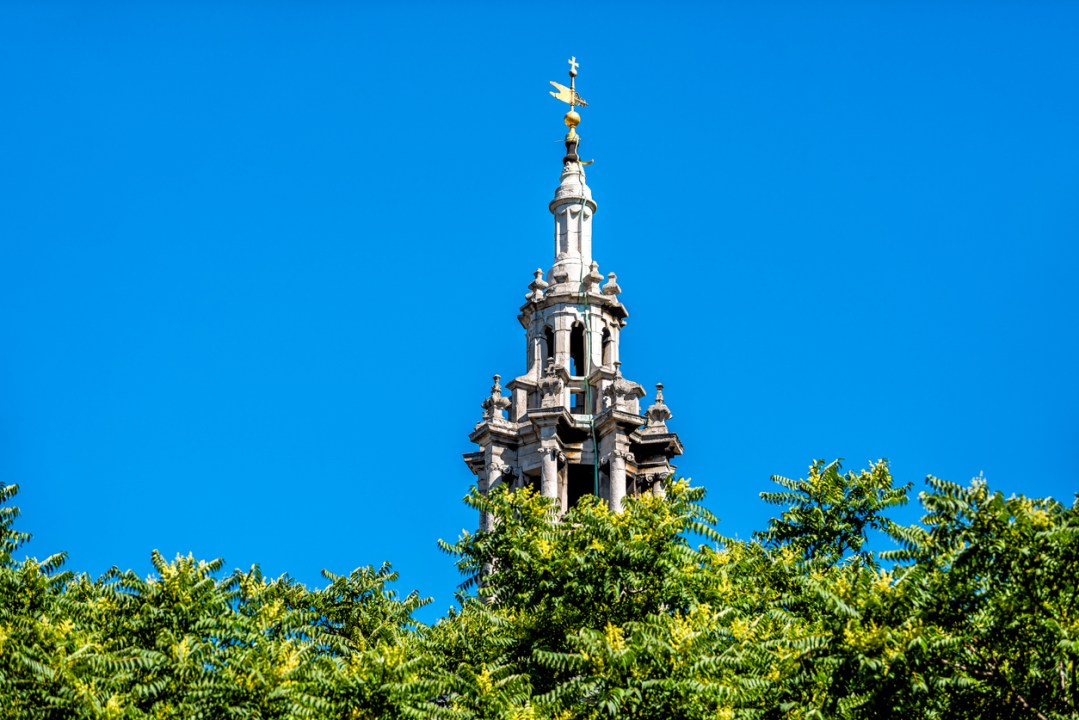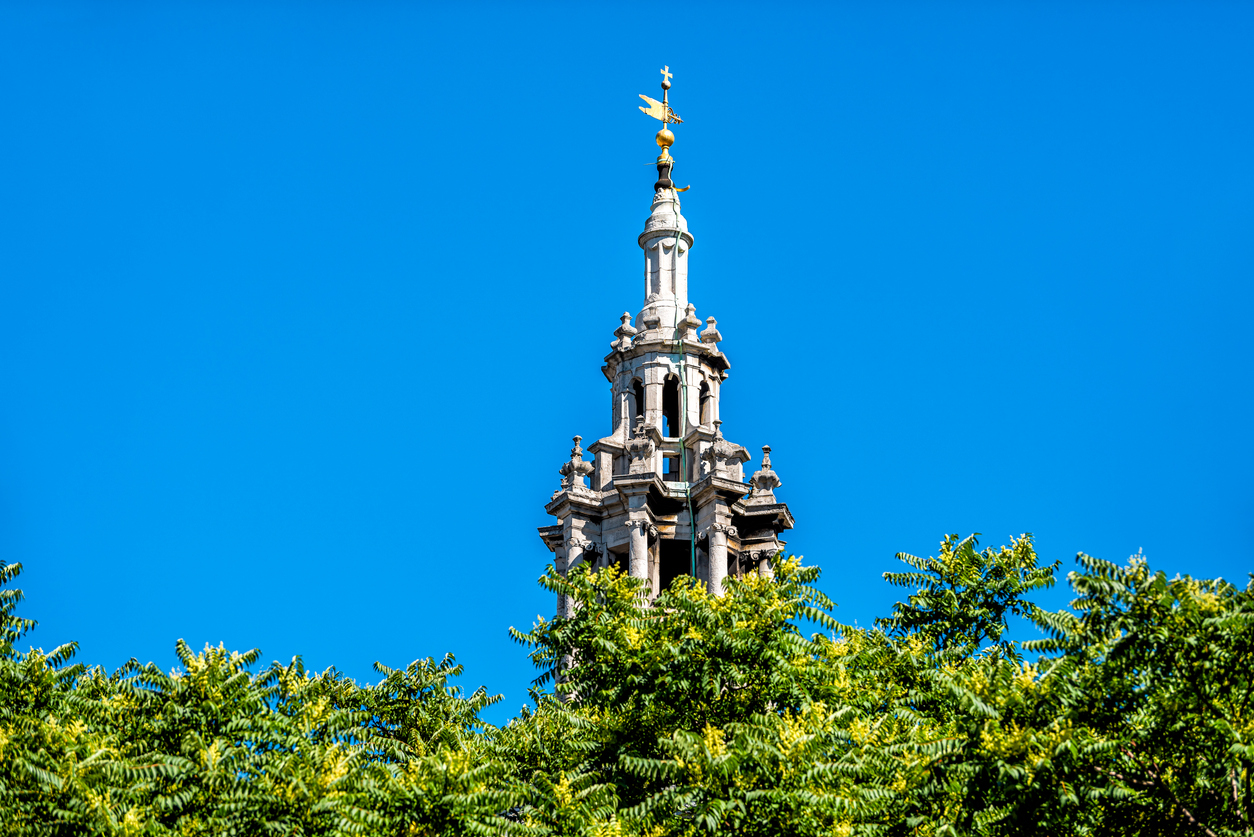The Church of England is flogging off Dick Whittington. No, this isn’t an innuendo or a twist from a pantomime, but reality. The burial place of the mayor and cat enthusiast, St Michael Paternoster Royal, is being sold off as an office. The people behind this act are the Diocese of London, who bought you the Martin Sargeant scandal, which saw a church official jailed for five years after he managed to defraud the London Diocesan Fund of £5 million undetected.
The Diocese of London is now a byword for the worst excesses of the culture which is slowly killing the Church
The Diocese of London is now, in Church of England circles, a byword for the worst excesses of the culture which is slowly killing the Church. The leadership – its bishops, archdeacons and faceless grey managers – are hopelessly out of their depth. They are devoid of pastoral instinct, practical talents or any sense of the profound beauty of the glory of God. I know, as I used to work for them. There are some good talented clergy on the ground, but they are largely undermined or ignored. Those in power crash from blunder to blunder, then move from cover up to cover up, before finally coming up for air and repeating the same process again. They cannot broach any criticism, they do not want to hear from people who think differently. It’s the scene from the end of Downfall set to Gregorian chant.
London used to be a diocese held up – due to its healthier than normal numbers – as an example that the Church did not need to be in decline. Now it is the opposite. It has gone from riches to rags, a sort of tragic reverse Whittington. However, the real culture rots from the top.
The flogging off of Whittington’s church follows a report published by the Church about lack of trust. It identifies endemic lack of trust between those on the ground and the Church’s managerial caste who occupy a number of sees and other key positions. The report is right of course, but it blames those of us who have had our trust eroded and criticises excess ‘autonomy’ among the clergy. The stream of jargon, of excessive demands on clergy and laity and the general air of contempt for the ordinary people of God are not even partly to blame.
I am fortunate to find myself, like the Psalmist, with my feet in a fair ground in Dorchester. I have an exceptional bishop and archdeacon, communication is regular, trust is high. They and their team are people of deep integrity and obvious personal decency. I thank God regularly for them.
But the model used in Dorchester should be the norm not the exception. Colleagues in dioceses like York, Winchester, London and Canterbury itself should not feel otherwise. And, of course, for all the brilliance of my local team, the national picture does affect parish life. I have to field questions about the failures of national leadership. As soon as I put on my collar I become a representative, in the minds of some people, of a Church regime with which I actually profoundly disagree.
Yet, as depressing as this all sounds, I will never ever leave this Church. Despite what the leadership think, this Church does not belong to them. Their model is not the only one for its salvation or preservation. Its buildings are not theirs to asset strip, nor are the congregations theirs to squeeze, nor are the priests theirs to bid. Indeed, it has never been more important that those who do oppose the current regime stay and do so. Swimming the Tiber or crossing the Bosphorus or the lure of simply a Sunday lie in are, I’m afraid, cowardly options. There is still too much good, too much potential, too much of the authentic call of Christ in the Church of England to abandon it simply because I don’t trust its current leaders.
And there is hope. Change is coming. The report into the horrendous allegations of abuse by John Smyth, the stink of financial dodginess around Lambeth, the accelerating decline in Church numbers. All these things show that the Church cannot carry on as it has.
I do not know what will replace the current dominant culture in the Church of England. But I earnestly believe that anything would be better than the leadership we currently have nationally.
I love the Church of England, deeply in my bones. I love the ordinary people of God, I love this Church’s vision of serving them, in every acre of this land. And as repellent as I find them, I am called, by Christ himself, to love those who are doing so much damage to those things and to that vision. And it is because I am called to love them that I pray that their time in power might shortly be over.








Comments